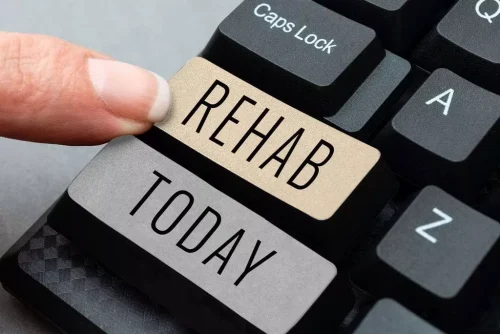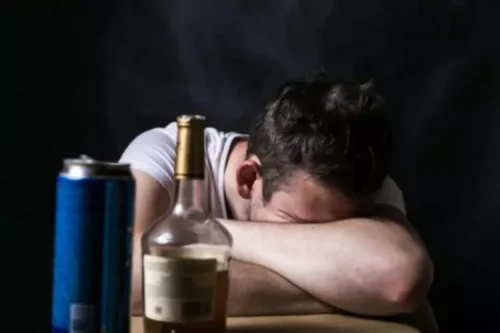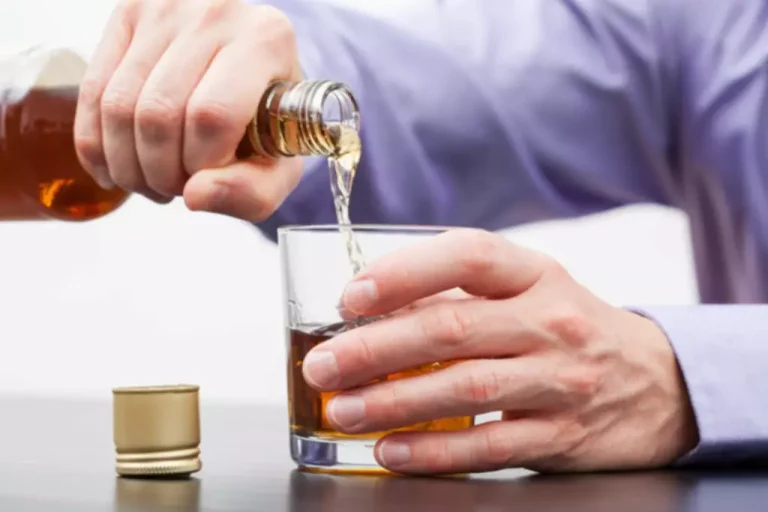
Self-care isn’t a luxury when you’re managing your sobriety. Triggers are sometimes unavoidable and different for everyone. For some, a trigger may be spending time with a friend who doesn’t respect your sobriety. For others, a trigger for potential relapse can be as simple as a bad day at work. Creating structure in your daily life helps you stay on your plan daily. Structure helps to mitigate old habits and can bring purpose to your days.
- Sometimes running into people you know can prompt you to think, “Just one drink won’t hurt.” Don’t get too comfortable.
- Those are the more obvious ways to support mental health.
- “And if it’s a ‘party hearty’ crowd, after a little bit, they won’t even notice if I quietly leave.”
- We strive to create an inclusive environment for all while recognizing the historical and ongoing relationship between these Indigenous communities and their lands.
- The point is that you don’t have to take on the burden right now of deciding what is or isn’t becoming of your friendships.
Had One Too Many? 8 Smart Ways to Sober Up Fast
Look for places in your community that are alcohol free—from farmer’s markets to local theaters, you’ll likely find plenty of spots that don’t serve alcohol. I have an entire online family of sober people I’ve never met in person but have enormously impacted my life. There have been times when ordering (and eating) an entire pizza with the works has been the difference for me between maintaining sobriety and relapse.
Drink a Full Glass of Water As Soon As You Wake Up
Staying sober can be hard enough, and removing temptations from your home will make it that much easier. Withdrawal symptoms can be mild to severe, depending on your level of addiction and substance abuse disorder. Sometimes, you may not realize your symptoms are due to withdrawal and detox.
- BetterHelp can connect you to an addiction and mental health counselor.
- Tell them that you plan to avoid alcohol or that you’re cutting back.
- When establishing boundaries, it’s important to identify specific triggers or situations that may jeopardize your sobriety.
- Can also be applied to other behaviors, like gambling or self-harm.
- BUT in many situations, it really is possible to stick with sobriety, and still remain in a relationship with someone who is not sober.
- You might even still like to do the same things—such as playing cards or watching movies together—but without alcohol.
Best ways to avoid intoxication
Reaching out to trusted friends can actually provide positive peer pressure. Positive peer pressure forms a powerful protective barrier and helps negate unpleasant experiences with people who want you to start drinking. Ideally, these folks should help you make other positive lifestyle changes that minimize your risk of relapse and occupy your time. For individuals needing added accountability, Soberlink is a great resource. Among recovering individuals themselves, in order to reduce risks, some choose only to attend sober parties or events.
Easy Tips for Staying Hydrated All Day Long (Besides Just Chugging Water)
This is essential during early recovery, as sobriety fatigue can increase your risk of relapse. If you’ve recently encountered some peer pressure to drink, reach out to a trusted friend or family member who understands the journey you’ve been on. Tell them what happened, where you are, and whether or not you’d like immediate help. Never feel ashamed to reach out, as your real https://ecosoberhouse.com/ friends would much rather pick you up from a work event or office party than see you hungover or facing legal repercussions the next day. These kinds of healthy boundaries in recovery are essential to maintaining sobriety while living and socializing with others who aren’t sober. But if putting yourself in a healthy place means walking away from others, then that’s OK too.
Staying Strong in Sobriety
For people who are concerned about their use of alcohol or drugs. Can also be applied to other behaviors, like gambling or self-harm. It felt like a slap in the face when people were drinking around me, and I was trying to stay sober. Just a heads-up that carbonated beverages with high alcohol content—beer, champagne, or even rum and Coke—may speed up your body’s absorption of alcohol being sober around drinkers more than the non-bubbly kind. In a 2007 study of 21 people, 66 percent of people who consumed vodka absorbed the alcohol faster if it was mixed with a carbonated beverage compared with water. “I hold a glass of soda and keep it refreshed, so no one else has to offer to get me a refill,” says Laura of Chicago, a recovering alcoholic who asked that her full name not be used.

In addition to being able to recognize them, it’s important to know when to seek help. Post-acute withdrawal syndrome (PAWS) involves withdrawal symptoms that persist past the detox period. Such symptoms are often related to mood and may include irritability, anxiety, depression, sleep problems, and fatigue. For a quick and easy option, Jones suggests a slide of watermelon with salt sprinkled on top. “This will further stimulate your thirst to help reduce losses during exercise,” she says.

My First Sober Christmas! (Thank God It’s Over)
Having peer support as part of your support network is helpful because it connects you with people going through the same journey. Many different addiction treatment programs exist, including family therapy groups, outpatient programs, and inpatient substance abuse treatment centers. Whether you’ve struggled with drug addiction, excessive alcohol use, binge drinking, or any substance use disorder, addiction recovery is a long game. Relapse prevention is a key part of the entire sobriety journey. No matter how you define it, sober life has many benefits, including a higher overall quality of life and one includes a healthier lifestyle. You may find that new friends are sober friends, and after recovering from a substance abuse disorder, people generally see life in a new, hopeful way.
How much exercise do you need?
Knowing relapse signs can help you recognize your risk of relapse, and they may include a return to addictive thinking patterns and compulsive behaviors. If things have gotten awkward since you stopped drinking, putting a little space between you and your friends is fine, especially if yours was a boozy bunch. People who are supportive and healthy for you to be around will apologize. When we do something major like quit drinking, an activity that has generally bonded the group, we’ve essentially violated previously established social norms. By Buddy TBuddy T is a writer and founding member of the Online Al-Anon Outreach Committee with decades of experience writing about alcoholism. Because he is a member of a support group that stresses the importance of anonymity at the public level, he does not use his photograph or his real name on this website.
